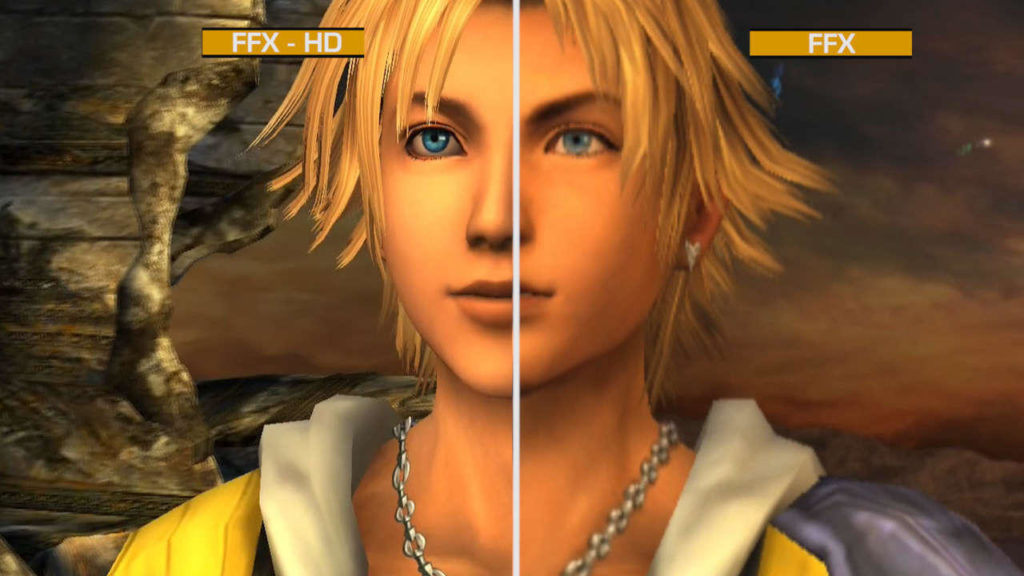The world of video games is always pushing forward, but technological advancement means that some of our favorite games aren’t playable on new consoles. Sometimes absence makes the heart fonder, and publishers know exactly how to tap into that nostalgia—remastered video games. Unlike a reboot or “remake,” HD remastered games update graphics but do not alter gameplay, aside from enhancements like trophies, achievements or developer commentary.
Revitalizing A Legacy
The most obvious reasons for a game’s remaster is to attract new fans and allow existing ones to relive their favorite gaming moments. Capcom has become an expert in resurrecting the dead with its Resident Evil franchise, particularly with the 2015 remaster of its 2002 remake of the original 1998 game. Released in January 2015, Resident Evil HD set a record for the biggest-selling day one digital title on PlayStation Network (PSN) and became Capcom’s fastest-selling digital title in history across Europe and North America. Bioshock: The Collection debuted at number one in the UK and features behind the scenes commentary by developer, Ken Levine, which results in . . .
Building Excitement
Games are remastered at pivotal times for a publisher, and often used to garner attention for upcoming titles or other projects. Irrational Games co-founder Kevin Levine is no longer with the company, but the re-release of his games places him back in the spotlight during a pivotal time in his writing career. Levine is writing and producing the pilot episode for an interactive, live-action series based on The Twilight Zone, which will be published by CBS. As for 2K’s doomed city under the sea (or in the sky), fans haven’t seen the last of Bioshock. The remastered editions could hint at future games or (we can only hope), another attempt at a film adaptation.
Microsoft has seen tremendous success with its Halo franchise, strategically releasing The Master Chief Collection for Xbox One right before Halo 5 was launched. The hype worked so well that I bought it and don’t even own an Xbox One yet. Priorities.
Capcom’s string of remastered Resident Evil titles is timed perfectly with the franchise’s 20th anniversary and builds excitement for the launch of Resident Evil 7 next year. Luckily for Final Fantasy enthusiasts (or newcomers to the series), Square Enix has been rather generous with the remastered games, getting everyone ready for the launch of Final Fantasy XV, releasing November 29.
Nostalgia Leads To Brand Loyalty
Analytics firm Gallup recent reported that economic decision making is 70 percent emotional and 30 percent rational. Further, consumers with strong emotional connections to retailers will visit their stores 32 percent more often and spend 46 percent more money than those without emotional bonds. For PC gamers in the 90’s, there’s a lot of brand loyalty for point and click adventure titles from LucasArts.
 In the case of LucasArt’s 1998 classic Grim Fandango, the original launch was critically acclaimed but did not produce the kind of sales that constitute a “hit.” When the game was remastered and re-released in 2015 by Tim Schafer’s Double Fine Productions, it was once-again praised by critics and fans alike but more importantly, proved a financial success.
In the case of LucasArt’s 1998 classic Grim Fandango, the original launch was critically acclaimed but did not produce the kind of sales that constitute a “hit.” When the game was remastered and re-released in 2015 by Tim Schafer’s Double Fine Productions, it was once-again praised by critics and fans alike but more importantly, proved a financial success.
“Grim Fandango was a lost game for a while,” Schafer, Double Fine Productions’ president and CEO, told [a]listdaily. “There was no legal way for people to buy it and play it, unless they found a used copy. But then we were lucky enough to secure the rights to not just make the old game available again, but to remaster it, and make it better than ever. We wanted to do right by fans of the old game, and also introduce the game to a brand new audience. And it worked! The remastered version surpassed the $5 million gross that the original made, and has sold over two million units. It worked out so well that we got the rights to do it again with Day of the Tentacle and Full Throttle. So it made money, which is awesome, but it also let us preserve and update a unique, collaborative, creative work that many of us cared deeply about.”
These titles not only introduce “back in the day” classics to new gamers, but reinforce the idea that Double Fine values what made these classics beloved in the first place. When “Double Fine Adventure” broke Kickstarter records in 2012, brand loyalty was proven without a doubt. Since then, Schafer and his gang of rogue video game developers and publishers have used this nostalgia to bring an emulated port of Psychonauts to PlayStation 4 this year and build hype for the game’s long-awaited sequel in 2018.
Remasters aren’t a new concept, especially in the world of film. Disney often revitalizes its legacy through special edition Blu-Ray remasters as one by one, the industry giant films live-action adaptations for its classic stories. When it comes to video games—a deeply personal, memory-laden experience, nostalgia has and will remain a major selling point and valuable strategy for publishers to come.

